Enrica Rossi
Coordinated Multi-Robot Trajectory Tracking over Sampled Communication
Dec 03, 2021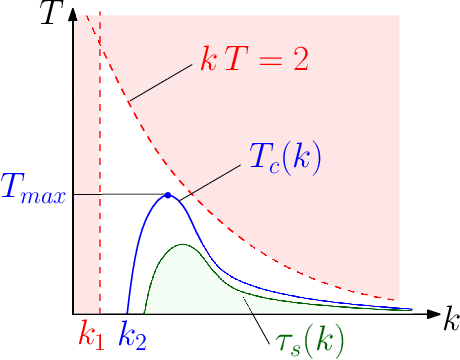
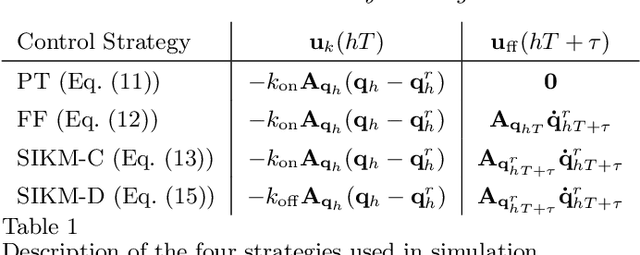
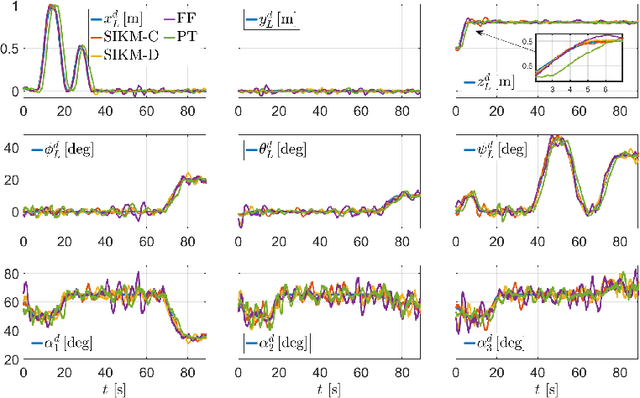
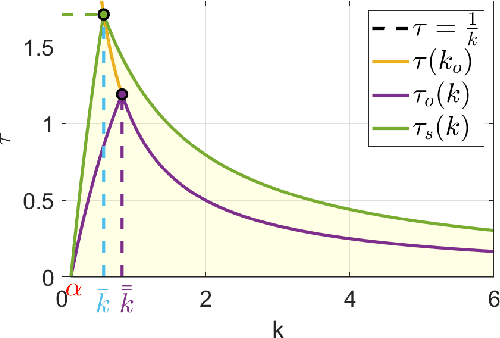
Abstract:In this paper, we propose an inverse-kinematics controller for a class of multi-robot systems in the scenario of sampled communication. The goal is to make a group of robots perform trajectory tracking {in a coordinated way} when the sampling time of communications is non-negligible, disrupting the theoretical convergence guarantees of standard control designs. Given a feasible desired trajectory in the configuration space, the proposed controller receives measurements from the system at sampled time instants and computes velocity references for the robots, which are tracked by a low-level controller. We propose a jointly designed feedback plus feedforward controller with provable stability and error convergence guarantees, and further show that the obtained controller is amenable of decentralized implementation. We test the proposed control strategy via numerical simulations in the scenario of cooperative aerial manipulation of a cable-suspended load using a realistic simulator (Fly-Crane). Finally, we compare our proposed decentralized controller with centralized approaches that adapt the feedback gain online through smart heuristics, and show that it achieves comparable performance.
Control of over-redundant cooperative manipulation via sampled communication
Dec 02, 2021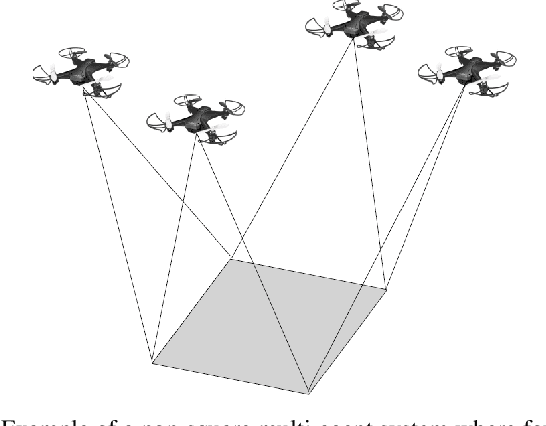
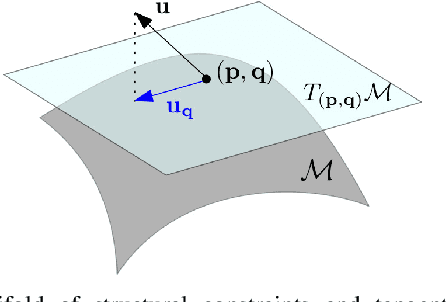
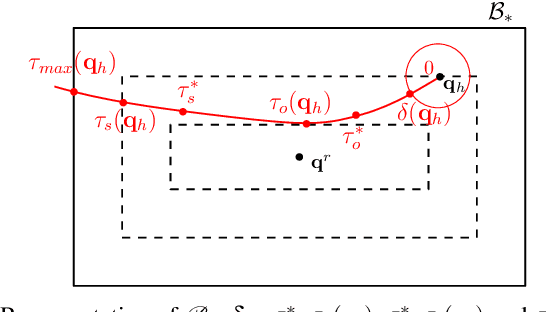
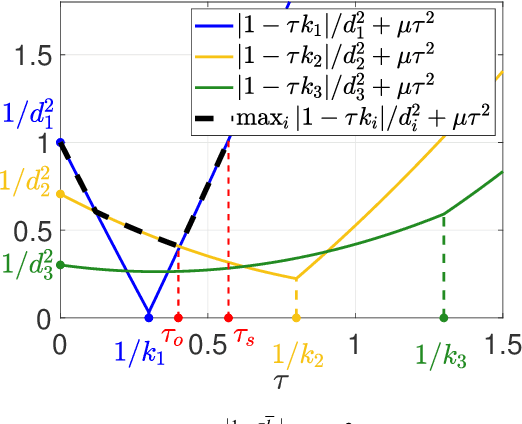
Abstract:In this work we consider the problem of mobile robots that need to manipulate/transport an object via cables or robotic arms. We consider the scenario where the number of manipulating robots is redundant, i.e. a desired object configuration can be obtained by different configurations of the robots. The objective of this work is to show that communication can be used to implement cooperative local feedback controllers in the robots to improve disturbance rejection and reduce structural stress in the object. In particular we consider the realistic scenario where measurements are sampled and transmitted over wireless, and the sampling period is comparable with the system dynamics time constants. We first propose a kinematic model which is consistent with the overall systems dynamics under high-gain control and then we provide sufficient conditions for the exponential stability and monotonic decrease of the configuration error under different norms. Finally, we test the proposed controllers on the full dynamical systems showing the benefit of local communication.
 Add to Chrome
Add to Chrome Add to Firefox
Add to Firefox Add to Edge
Add to Edge